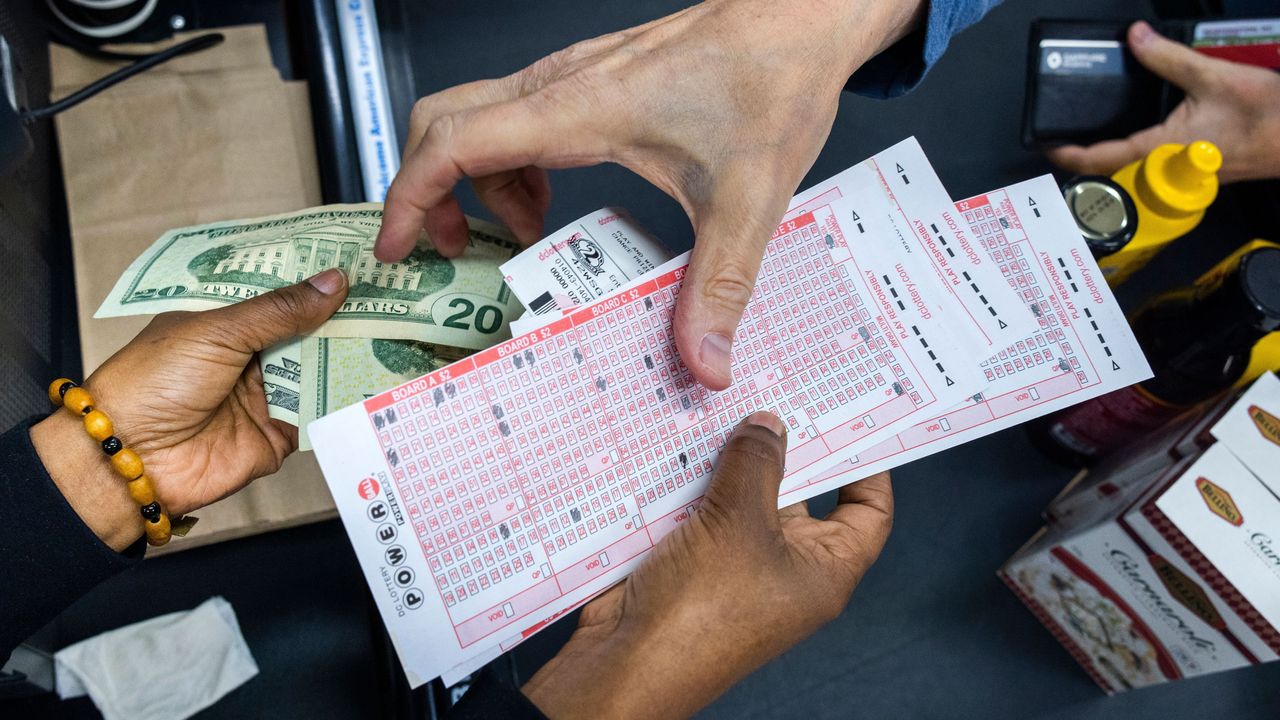In the world of gambling, few pursuits are as universally recognized as the lottery. With its promise of instant wealth and life-changing fortunes, the daftar koitoto has captivated the hopes and dreams of millions around the globe. Yet, behind the glitz and glamour lies a deeper narrative, one that raises important questions about the social and economic impacts of this widespread form of gambling.
The Promise of a Jackpot
Lottery gambling is often sold as a chance to turn dreams into reality. From billboards to television commercials, the messaging is clear: buy a ticket, and you could become an overnight millionaire. This promise, however, is built on a foundation of probability that is overwhelmingly stacked against the player.
Statistically, the chances of winning the lottery are staggeringly low. For example, the odds of winning the Powerball jackpot in the United States are approximately 1 in 292.2 million. Despite these odds, millions of people continue to purchase tickets, hoping to defy the statistical improbability and secure their financial future.
The Hidden Costs
While the allure of a massive jackpot is undeniable, lottery gambling comes with hidden costs that extend beyond the price of a ticket. For many, the purchase of lottery tickets represents a significant portion of their disposable income. In some cases, this spending can evolve into a pattern of compulsive gambling, leading to financial instability and personal hardship.
Furthermore, the burden of lottery gambling is not borne equally across society. Studies have shown that lower-income individuals spend a larger percentage of their income on lottery tickets compared to those with higher incomes. This regressive nature of lottery gambling can perpetuate economic inequality, as those who can least afford it are disproportionately drawn into the game.
The Illusion of Control
Part of the appeal of lottery gambling lies in the illusion of control it provides. Unlike other forms of gambling, such as casino games or sports betting, the outcome of a lottery draw is entirely random and beyond the influence of the player. This randomness can give rise to a belief in lucky numbers, superstitions, and other rituals that purport to increase one’s chances of winning.
Psychologically, this illusion of control can lead players to invest more heavily in the lottery, believing that their choices can somehow influence an inherently random outcome. This cognitive bias is not unique to lottery gambling but is amplified by the high stakes and widespread acceptance of the lottery as a legitimate form of entertainment.
The Way Forward
As society grapples with the implications of lottery gambling, there is a growing call for more responsible gambling practices and increased awareness of its potential harms. Governments and regulatory bodies have a role to play in ensuring that lottery operators operate ethically and responsibly, with a focus on minimizing harm to vulnerable populations.
